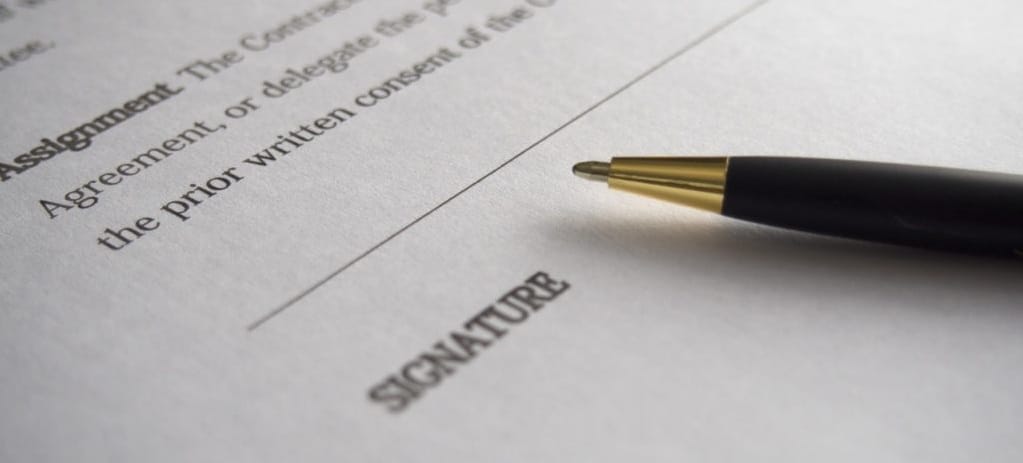Leases come in all forms. As with any contract, the parties can make the document fit their particular transaction and needs. As a baseline, the parties should first determine which party will be responsible for certain obligations associated with the property. In transactions involving triple net (or “NNN”) leases, it’s helpful to be on the same page with regard to the vocabulary of leases in order to understand the specific benefits and risks associated with this type of lease.
Types of Leases
In a gross lease, the tenant only pays rent. This would be your typical house or apartment rental agreement (however they are also used in a commercial setting), in which both the landlord and the tenant agree to a set amount per month, with the expectation that the landlord will take on the cost of any necessary repairs, insurance and taxes. The monthly rent will be higher, as the landlord will have “built in” these costs into the rent amount. If there are no unexpected costs, the landlord may come out ahead with regard to rent exceeding the operating costs. If there are unexpected expenses, the landlord will be “out of pocket” for those unexpected items.
In a net lease/single net lease, the tenant pays monthly rent and the property taxes associated with the property. The landlord/owner of the property retains responsibility for maintenance and insurance.
In a double net lease, the tenant pays monthly rent, property taxes and insurance, but maintenance is still the sole responsibility of the landlord/owner of the property.
In a triple net lease (also referred to as a “NNN” lease), the tenant pays all expenses associated with the property. This includes real estate taxes, building insurance, maintenance (including structural repairs), rent, and utilities. If the leased property is a part of a larger project, such as a shopping center, the lease may call for the tenant to contribute (based upon its proportionate square footage in the center) toward common area expenses, such as the parking lot, landscaping, security, maintenance staff, elevator/escalator repairs, to name a few.
Benefits of Triple Net Leases
The tenant operating under a triple net lease benefits from transparency of required maintenance and generally a much smaller monthly base rental payment. The “unknown” factor of unexpected or emergency expenses is passed on to the tenant. The trade-off for the landlord is monitoring the property to ensure the tenant is following the terms of the lease with regard to maintenance and repairs, and enforcing the lease accordingly. Many NNN leases allow the landlord to inspect the property, make repairs, and bill the tenant accordingly, if the tenant is not maintaining the property in accordance with the terms of the lease.
Whereas tenants under a gross lease are paying as a part of their monthly rent for “what if” scenarios that may not occur (a benefit to those gross lease landlords), tenants under a NNN lease are paying for all direct costs which occur associated with the leased property during the term of the lease (which expenses may be lower for new or recently renovated space) or which expenses may be higher (for leased spaces with, for example, older HVAC systems or an older roof).
Under a NNN lease, the landlord benefits by receiving a steady income stream without the necessity of calculating expected loss due to tax increases or maintenance emergencies. Triple net leases also typically run for quite some time, 5-10 years, and have built-in rent increase clauses that work as cost-of-living adjustments for the landlord.
Risks of Triple Net Leases
Obviously, the largest risk associated with an NNN lease for the tenant is the cost of emergency or large-scale repairs. To mitigate the risk, a tenant may be able to negotiate limit caps on repair costs, or limit the systems for which it is responsible (HVAC, plumbing, electrical, etc.). A tenant may want to hire a third party inspector to review the property prior to signing a lease, in order to try to identify prospective high ticket items (and negotiate the lease accordingly), so that the tenant is not being “grandfathered in” to pay for major issues.
Similarly, a landlord’s biggest risk in a NNN lease is also associated with maintenance and repairs. If the tenant determines that it can “live with” a problem, and opts not to complete repairs, the landlord will be responsible for those repairs when the lease agreement is over, in order to attract the next tenant for the space. At that point, maintenance may have been put off so long that the cost of repair is exponentially higher than when the problem first arose. Including language in the lease to allow for scheduled inspections conducted on landlord’s dime or hiring a leasing manager (depending upon the number of properties in a landlord’s portfolio), may save money in the long run.
